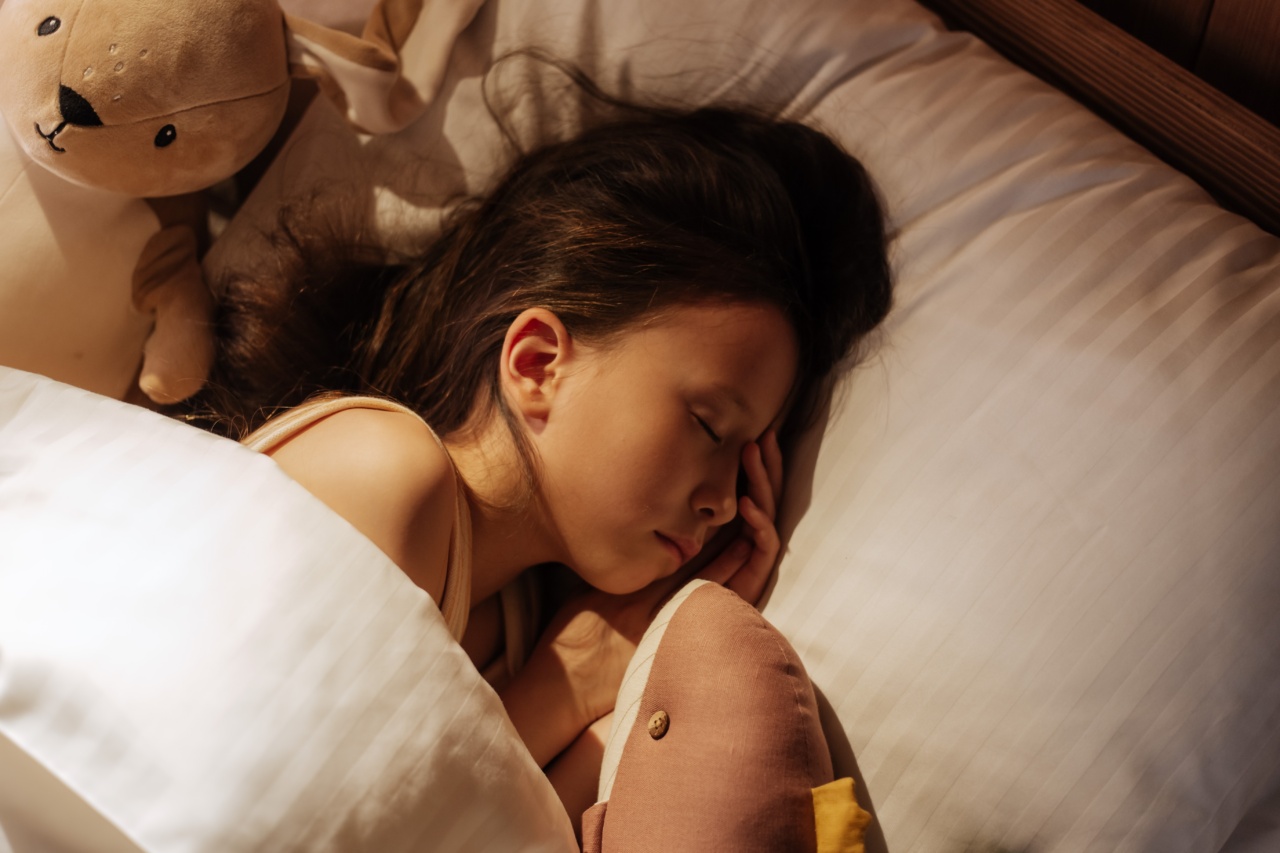Sleep disorders and their link to suicide have long been a topic of research. Sleep is essential to mental and physical well-being, yet many people experience sleep disturbances and disorders that affect their quality of life.
Sleep disorders like insomnia, sleep apnea, and restless leg syndrome, are just a few examples that can hinder a good night’s rest.
The relationship between sleep disorders and suicide risk is not fully understood by researchers, but there are several theories as to why they are linked.
Studies suggest that sleep disorders are common among individuals who suffer from depression or anxiety, and these conditions are known risk factors for suicide.
Sleep Disorders and their Connection to Depression
Sleep disorders and depression are often linked. Research indicates that individuals with depression are more likely to develop insomnia or hypersomnia.
Additionally, those who suffer from depression tend to experience a range of sleep disturbances, such as difficulty falling or staying asleep, waking up earlier than usual, or oversleeping.
The relationship between sleep and depression is cyclical. Sleep disturbances can exacerbate depression, and depression can make falling asleep or staying asleep more difficult.
Lack of sleep can also amplify feelings of hopelessness, which could contribute to suicidal ideation.
Sleep Disorders and their Connection to Anxiety
Anxiety is another mental health condition that can cause sleep disorders. People with anxiety may have difficulty sleeping because they are constantly preoccupied with worries and thoughts that prevent them from relaxing.
This can lead to insomnia or hypersomnia, either of which can exacerbate anxiety symptoms.
Studies have also found that people with anxiety disorders have higher rates of sleep apnea than the general population. Sleep apnea is a condition in which breathing repeatedly stops and starts during sleep.
This can lead to poor sleep quality and can exacerbate anxiety symptoms like irritability, fatigue, and difficulty concentrating.
Biological Factors Affecting Sleep and Suicide Risk
There are also biological factors that may contribute to the relationship between sleep disorders and suicide risk.
For example, people with sleep disorders often have lower levels of serotonin, a neurotransmitter that regulates mood, appetite, and sleep. Low levels of serotonin have been linked with depression, anxiety, and impulsive behaviors, all of which are known risk factors for suicide.
In addition to serotonin, other neurotransmitters like dopamine and norepinephrine also play a role in modulating mood and sleep. Alterations in these neurotransmitter levels could contribute to sleep disturbances and suicide risk.
Treatment for Sleep Disorders and Suicide Risk
Treatment for sleep disorders is essential for reducing suicide risk in individuals who suffer from these conditions.
Certain medications, such as antidepressants and benzodiazepines, may be effective in treating sleep disorders and improving overall mood and well-being.
Cognitive-behavioral therapy (CBT) is another effective treatment for sleep disorders and can be tailored to address specific sleep-related concerns, such as insomnia or sleep apnea.
CBT can help individuals learn techniques to improve sleep hygiene, reduce anxiety, and alter negative thought patterns associated with poor sleep quality.
Conclusion
Overall, the research points to a strong link between sleep disorders and suicide risk.
While the exact nature of this relationship is not fully understood, it is clear that sleep disturbances can exacerbate existing mental health issues and contribute to the development of new ones. Treatment for sleep disorders is essential not only for improving sleep quality but also for reducing the risk of suicide in vulnerable individuals.





























